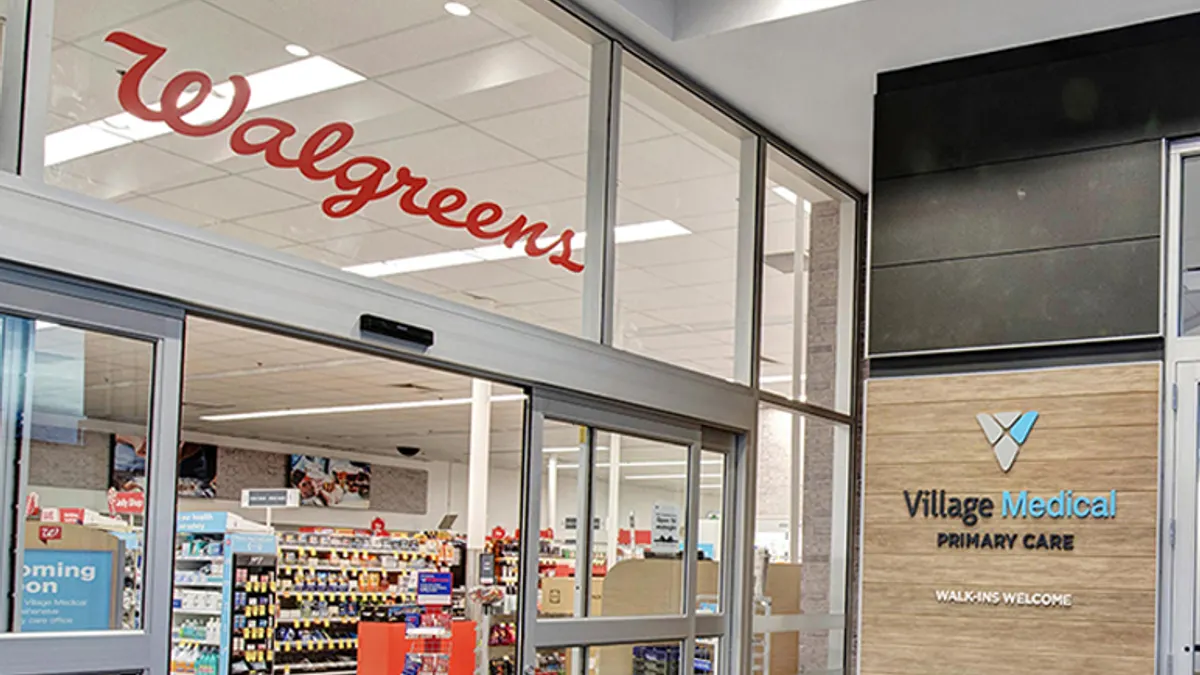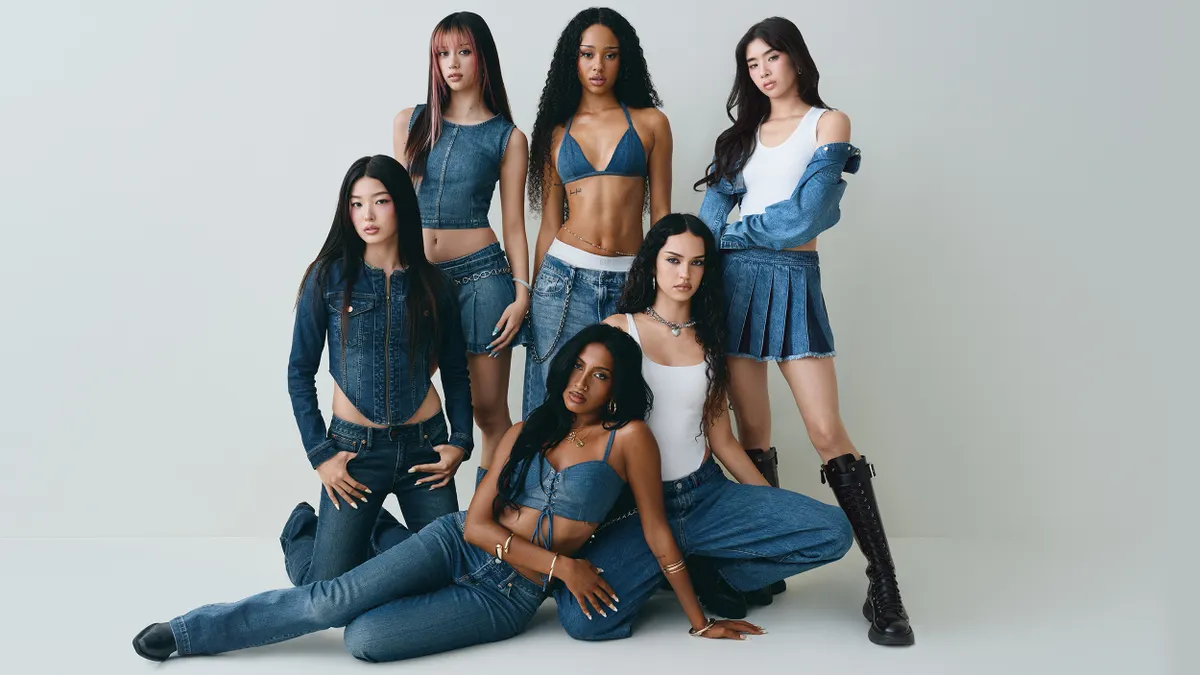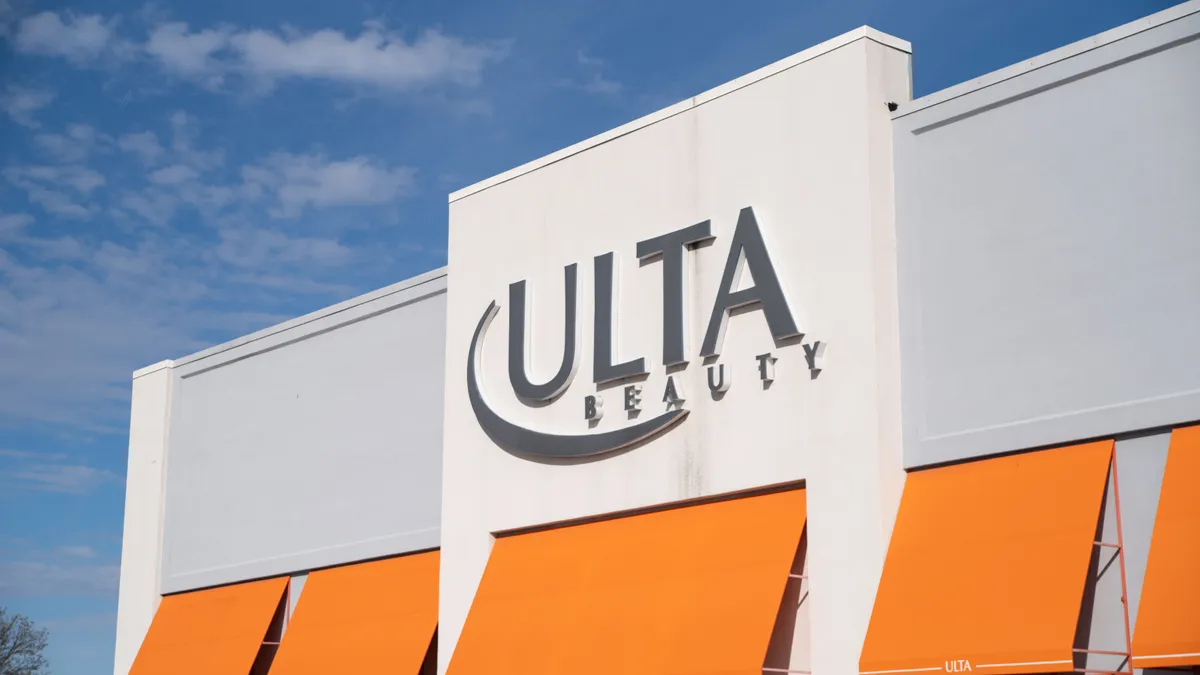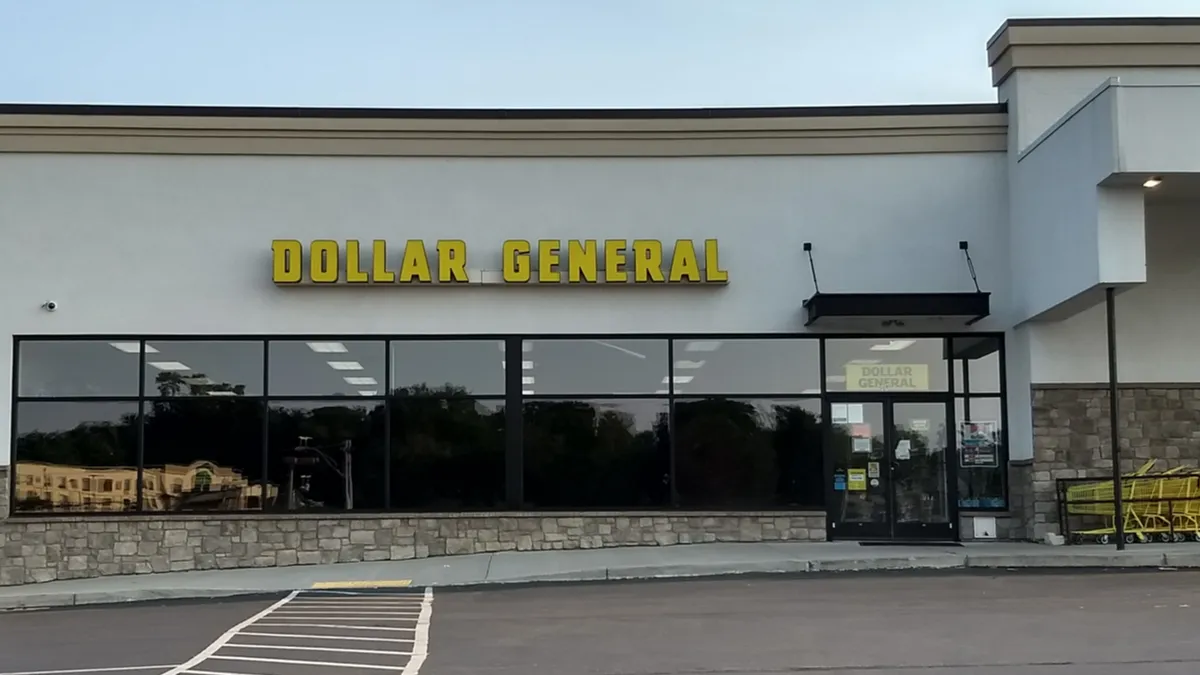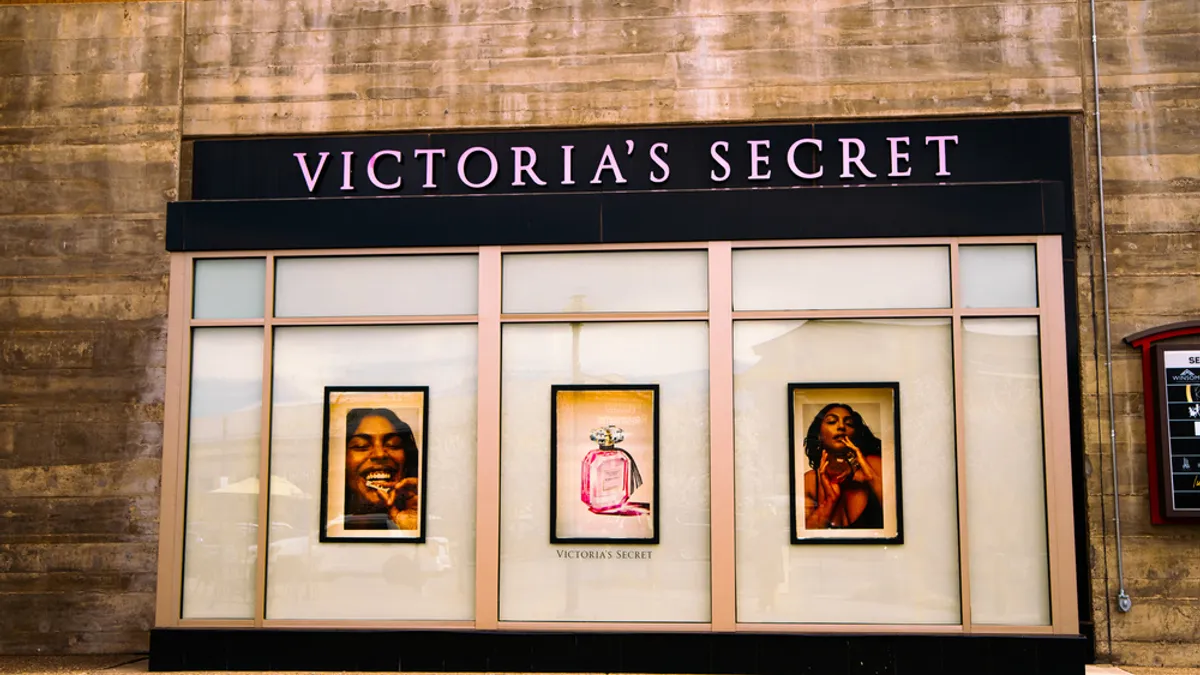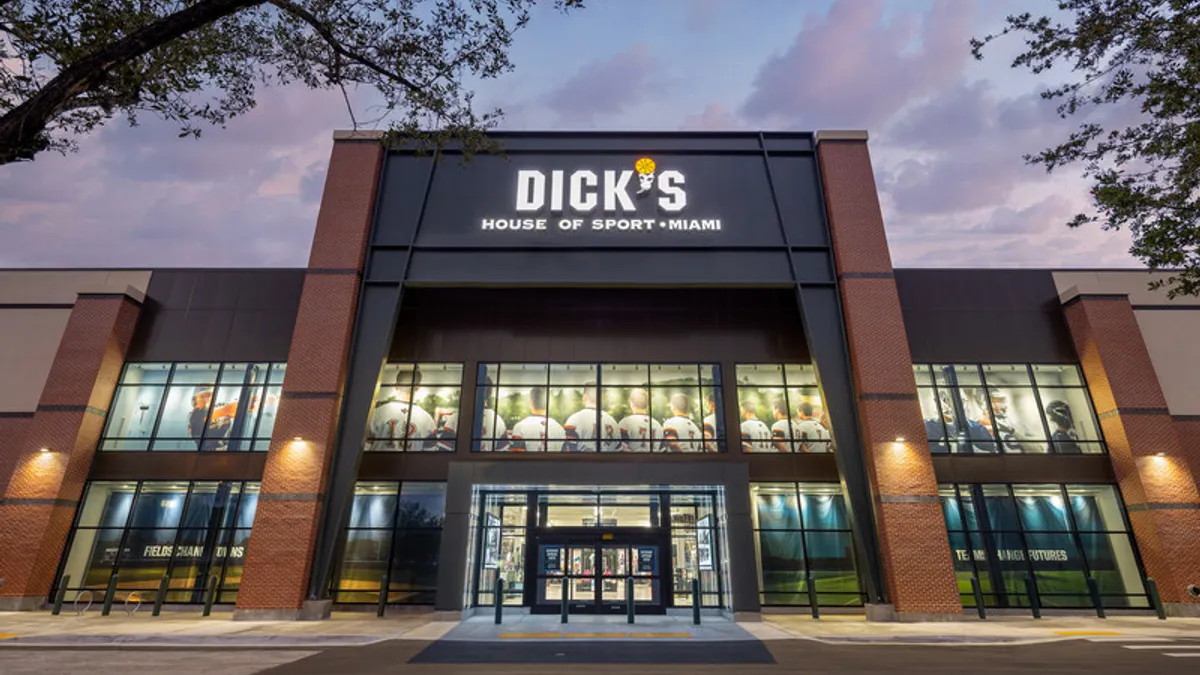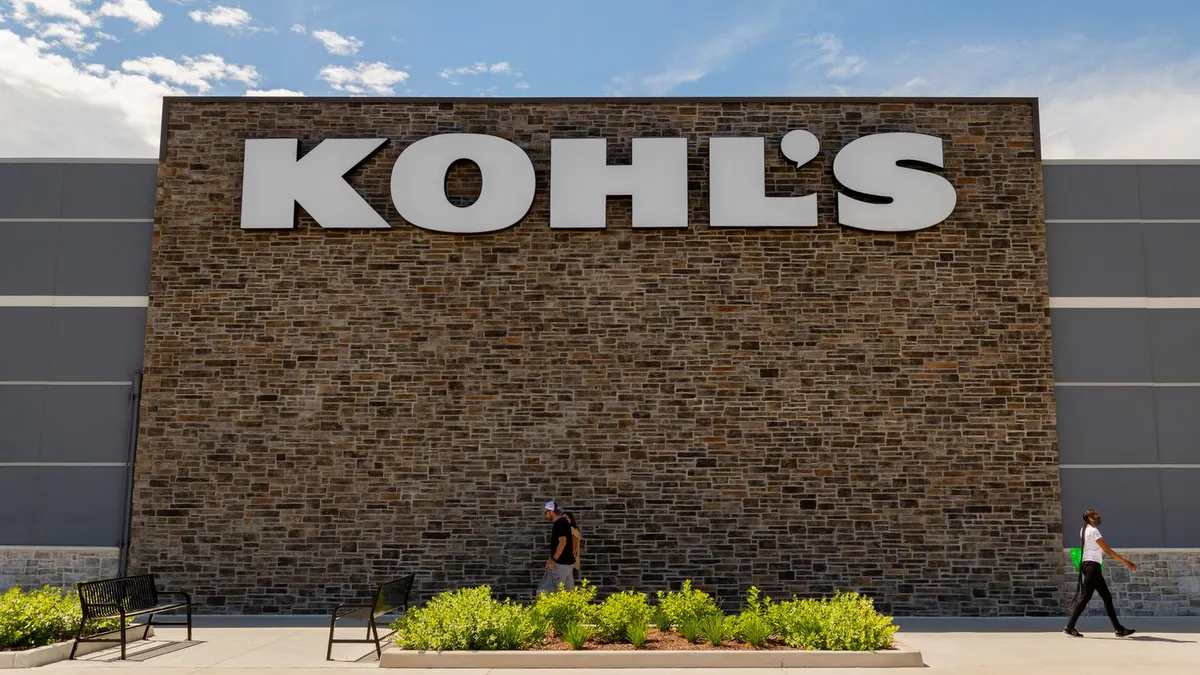NEW YORK — While some retailers like Target are coming off of a holiday high thanks to a favorable economic climate in 2018, others like Macy's and Kohl's have recently reported figures that are disappointing at best. Moving into the new year, uncertainty is quickly building over the potential impacts that the government shutdown, tariffs and a looming global economic slowdown will have on the retail economy.
During a panel at the NRF's Big Show conference Monday, former chair of the Federal Reserve Janet Yellen said that trade tensions are concerning businesses, in terms of what the future holds in store.
"We're hearing anecdotally, reports, although this is not rooted in hard data, about businesses beginning to put investment plans on hold because of the uncertainties they face in the global environment and the supply chains and trade, and so there are outside risks," she said, adding that the government shutdown could affect consumer psychology and sentiment if it does not end quickly.
Yellen's comments were followed later in the day at the conference by an economic roundtable that included NRF Chief Economist Jack Kleinhenz, TS Lombard Chief U.S. Economist Steven Blitz and KPMG Principal and Chief Economist Constance Hunter.
"The uncertainty out there is getting thicker and thicker every day and what's causing that is certainly what's been going on in the market. The market doesn't like uncertainty whether it be trade talks or even policy outside of the United States," Kleinhenz told Retail Dive in an interview.
Kleinhenz is more reserved in his opinions regarding the magnitude of a forthcoming domestic and international economic slowdown. "If we get a negative quarter I'll be surprised," he said. "But, we could have a very low, we could have a quarter with 0.5% growth rate."
Hunter and Blitz, however, forecast at least a 50% chance that the United States will fall into a recession in 2019, likely in the back half of the year.
"At the beginning of 2018 it was all about synchronized global growth, there were definitely more tailwinds than headwinds, and as we head into the beginning of 2019 here, what we see is a very different situation," Hunter said. "To me, 2019 is all about recession watch." Global reverberations, like a potential recession in Germany and a slowdown in China could also play a role.
"You buy a lot of things in retail that are made in China. This could be the first U.S. recession that was made in China," Blitz said. The U.S. and China began a two-day round of trade talks on Jan. 7 ahead of a tariff increase from 10% to 25% on $200 billion worth of goods from China scheduled for March 2.
More immediate concerns have also risen from the government shutdown, which has now stretched to its 25th day, making it the longest shutdown in U.S. history.
"This is a big thing and it's going to start to become a big thing because not only is it 850,000 people, and you're going to start to see that in the weekly unemployment numbers, but that's a lot of spending that goes away and it's a lot of spending that isn't going to get replenished," Blitz said. For retailers, the impact is that many sales will simply be lost.
Overall going into 2019, retailers are in a waiting game.
"We have trade tensions, we have a Federal Reserve deciding on when and how it's going to undertake its policy, but I want to emphasize that the economy is not falling apart," Kleinhenz said during the panel. "We expect, I expect, that we will see some slower growth in 2019, certainly due to the fact that some of the stimulus we had earlier this year will be working its way off but consumer spending remains in place."
Not all retail executives share immediate concerns over the economic environment. During a speech Monday morning, Target CEO Brian Cornell noted that, "We've all benefited from the macro environment." Certainly, Target has. The company recently reported its best year in sales in over a decade.
"We're in an environment where for the average consumer, they're looking at gas prices that continue to decline. So, they're at work, they're seeing higher wages, their gas prices have gone down," he said. "That's a pretty good indicator that this is still a healthy retail economy. Now, will that continue forever? Probably not."






